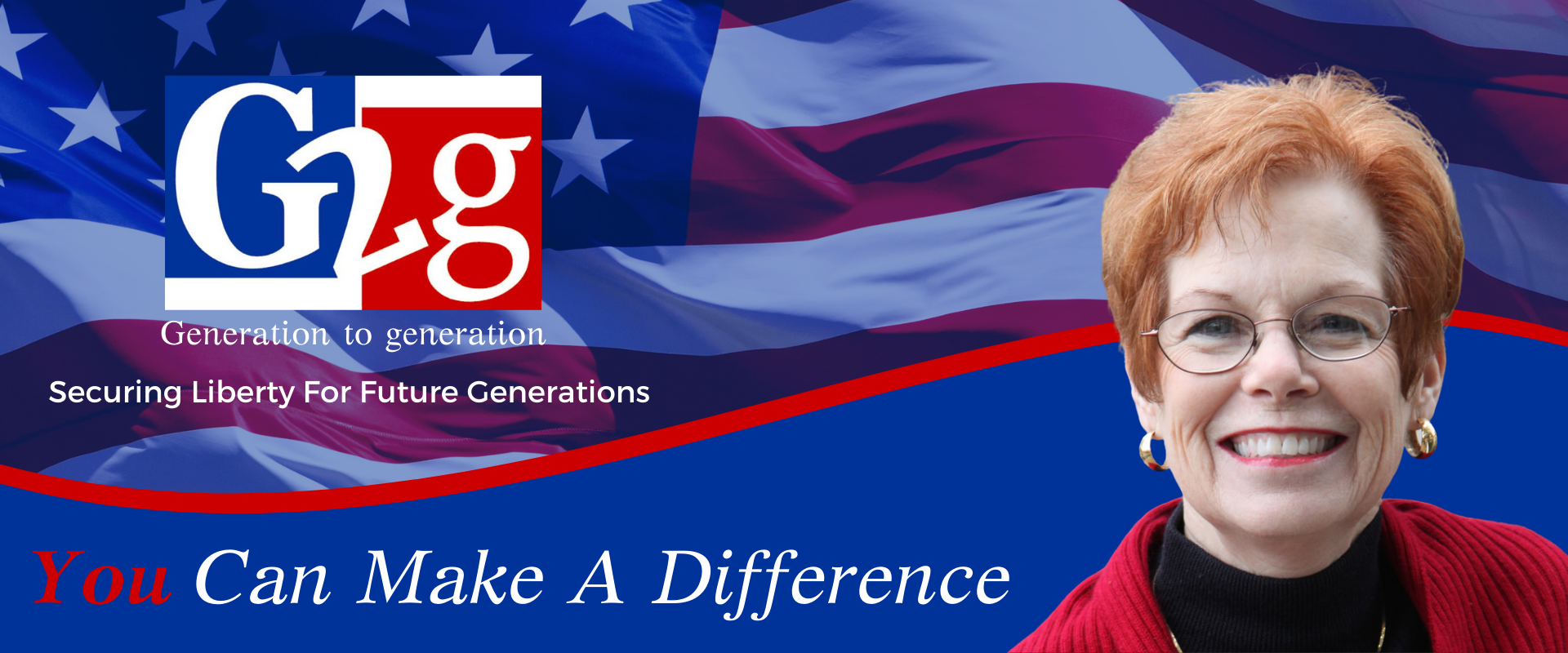The Electoral College was created as an additional safeguard in our system of checks and balances. Hamilton and the other founders believed that the electors would be able to ensure that only a qualified person becomes President. They wanted a buffer between the population and the selection of a President. They feared a tyrant could manipulate public opinion and come to power (that is exactly what happened in Germany with Hitler). The founders also believed that the Electoral College had the advantage of being a group that met only once, and therefore could not be manipulated over time by foreign governments or others.
NOTE: Therefore, Americans actually do not have a direct election
of the President by the population. The states elect the President.
The Electoral College was also part of a compromise made at the Constitutional convention to satisfy the small states. Under the Electoral College system, each state has the same number of electoral votes as they have representatives in Congress, thus no state could have less than three. The result of this system is that in less populated states such as Wyoming (3 electors) each elector represents far less number of voters than electors from more populated states such as California with 54 electors.
The Electoral College system is a “winner takes all system.” The candidate that wins the popular vote of that state takes all the electoral votes. This makes it possible for a candidate to lose the popular vote, but win the electoral vote. The “winner takes all system” was not mandated in the Constitution but was decided by the states themselves during the course of the 19th century. In recent years a few states have successfully changed this system to allow a division of electors based on number of votes. Most states that have tried this have been unsuccessful.
Yes, there are some clear problems with the Electoral College. However, because there are more advantages to keeping it as is, making any changes is very unlikely. The smaller states would never agree to lose their advantage. Any change would mean changing our entire constitutional system. You change one element, and you affect them all. To eliminate the Electoral College means we would become a direct democracy instead of a republic.
Without the Electoral College, there would be no incentive for just two political parties. We would have to deal with multiple political parties and candidates for president – with the possibility of having minor party candidates end up as the top two vote getters. When this happened in a recent election in France, the electorate had a choice between right wing and a more extreme right wing candidate. In other words, they got two radical wild card candidates. With more candidates in the mix, no one gets a majority of the vote necessitating a run-off election between the top two or three vote getters. In this type of system, unfortunately, the best candidates can lose to the least qualified.
Very few democracies in the industrial world have a presidential system with direct election. In fact, France, Finland, and now Russia are the only examples. France adopted direct election in 1962 and Finland in the 1990’s and Finland has had only one election since.
Has a presidential candidate ever lost the nationwide popular vote but been elected president in the Electoral College? The answer is yes, but it has only happened three times:
In 1876 there were a total of 369 electoral votes available with 185 needed to win. Republican Rutherford B. Hayes, with 4,036,298 popular votes won 185 electoral votes. His main opponent, Democrat Samuel J. Tilden, won the popular vote with 4,300,590 votes, but won only 184 electoral votes. Hayes was elected president.
In 1888 there were a total of 401 electoral votes available with 201 needed to win. Republican Benjamin Harrison, with 5,439,853 popular votes won 233 electoral votes. His main opponent, Democrat Grover Cleveland, won the popular vote with 5,540,309 votes, but won only 168 electoral votes. Harrison was elected president.
In 2000 there were a total of 538 electoral votes available with 270 needed to win. Republican George W. Bush, with 50,456,002 popular votes won 271 electoral votes. His Democratic opponent, Al Gore, won the popular vote with 50,999,897 votes, but won only 266 electoral votes. Bush was elected president.
Next Week: Electoral College Facts and Final Comments on Division of Power
Dinner Table Discussion Question: How does having the Electoral College benefit the small states and better represent all the people? What would happen if the large urban areas controlled who was elected President?

